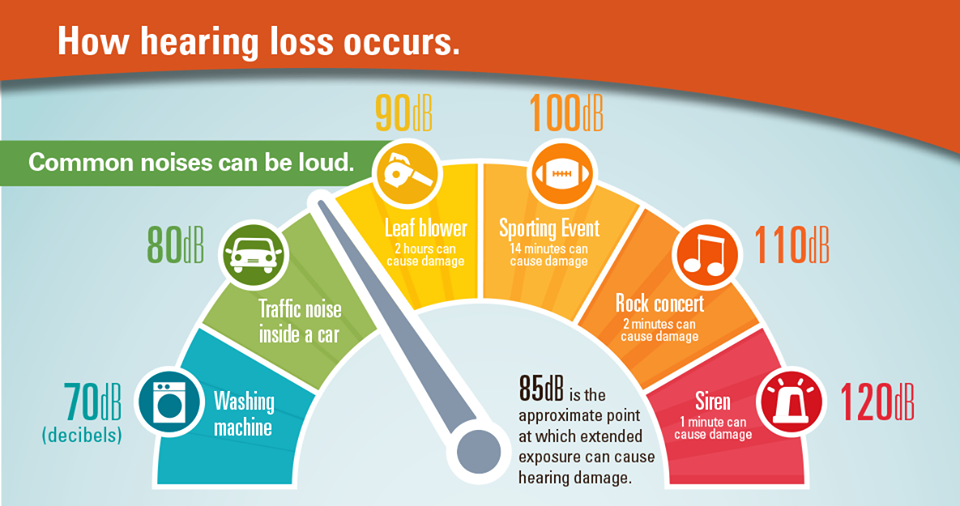How Loud is a Backup Generator?
We often don’t realize how much we rely on electricity until the power goes out. When the electric utility supply is interrupted during a blackout, we can rely on backup generators to fill in the gap until power is restored. Generators provide power when we need it, where we need it. They allow us to keep our homes cool (or warm), our food safe, and provide power to sump pumps to prevent flooding – all while giving us light and entertainment!
Nevertheless, there are concerns about the noise levels of backup generators. Many communities have noise regulations that apply to any noise-producing machine, including standby generators. So, just how loud is a backup generator? Let’s find out.
Noise Measurements
Noise is measured in units of decibels (dB). Measuring noise levels gives us the ability to identify sounds that are potentially harmful to our delicate inner ear, as well as sounds that may be disruptive or bothersome to our neighbors.
Consider these common sounds and their associated noise levels:
- Washing machine – 70dB
- Traffic noise heard from inside a vehicle – 80dB
- Leaf blower – 90dB
- Sporting event – 100dB
- Rock concert – 110dB
- Siren 120dB
Seventy dB is measured twice as loud as 60dB, which is considered fairly quiet, and four times as loud as 50dB, which is very quiet. We measure office conversation at 60dB, whereas a quiet conversation at home is often about 50dB.
On the other hand, many common household appliances and other common situations can be fairly loud and can even be dangerous. For example, a leaf blower registers at 90dB, and two hours of unprotected exposure can cause long-term hearing damage. A rock concert weighs in at 110dB, which is painful to many people and can cause long-term damage as well after only two minutes of exposure. (Side note: It is important to remember that once hearing is damaged, it cannot be repaired, so please protect your hearing!)
Backup Generators and Noise
Now that you have a little background on how noise is measured and you have a few comparisons, let’s take a look at how loud your generator might be. Generators seem to have a bad reputation when it comes to noise levels, but the good news is that many backup generators designed for use in residential areas comply with noise levels that allow you to keep your sanity and won’t upset your neighbors.
- For comparison, many central air conditioners are rated at about 68dB when heard from 20 feet away.
- The Generac Guardian line produces only 66dB when heard from 23 feet away.
- Briggs & Stratton generators register at about 64dB.
- Kohler Power Systems generators come in at about 69dB.
Check out this blog for a more in-depth look at noise levels of a few specific backup generators.
Reducing Noise from a Backup Generator
Many residential backup generators operate at lower noise levels due to their clever design, which may include a sound-attenuated enclosure. However, if you find yourself wanting or needing to reduce noise from your generator, you have a few options.
- Sound-Absorbing Enclosure: These protect your standby generator from the weather, and keep the noise down, too. Aftermarket sound-proof barrier boxes are also available for standby generators.
- Acoustic Barriers: Various versions of these barriers are available, from freestanding, moveable versions to permanent solutions.
- Isolation Mounts: Placing the generator on an isolation mount made of rubber-type padding can help keep vibrations from the generator from reaching other structural components. Thus, the mounts will help keep things quieter.
Read this blog for more ideas on how to reduce noise from your generator.
Questions?
We love to answer all of your questions about backup generators! Give us a call or follow this link to contact us. The experts at Midwest Generator Solutions can help you with all-things-generator, from choosing the right model, to installation, maintenance, and more. We’re eager to hear from you!


